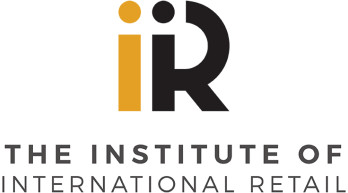Duty free
Products sold duty free are exempt from local taxes or duties, usually because the buyer will take them out of the country. The types of product eligible, together with the taxes and duties concerned, vary by jurisdiction. Airports account for most of these sales, but duty free goods can also be bought:
- At border stores (often subject to a minimum stay outside the country)
- On cruise and ferry ships in international waters
- On international flights
- At some railway stations
- At downtown stores (upon production of proof of travel)
Diplomats and military personnel stationed overseas can often buy duty free goods, as can the crews of ships sailing in international waters.
In some countries, duty free goods can be sold to arriving international travellers. This is common in parts of Australasia, the Middle East, Latin America and Europe outside the European Union, with arrivals duty free now an important revenue stream for many airports.
Travel retail
“Travel retail” products are sold in a travel environment where taxes and duties are payable, even if the buyer is leaving the country. The term came into use when the sale of duty free goods to people travelling within the EU was abolished in 1999. Proof of travel is required to buy goods on a travel retail basis.
The bigger picture
As well as being a service many passengers consider part of the travel experience, duty free and travel retail shopping generates vital revenue for the aviation, tourism and other travel-related industries. Airports typically derive nearly half their total income from non-aeronautical sources such as duty free and travel retail. This helps to fund new terminals and runways, in addition to keeping landing fees low.
TFWA Handbook
- A concise guide to global duty free and travel retail with definitions, market data, traffic & tourism statistics, practical information plus comment and analysis from industry leaders.
- Designed to augment members’ understanding of the industry’s current shape and scope.
